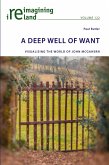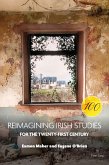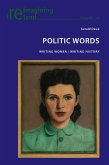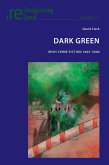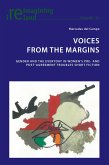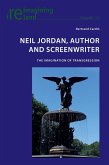In spite of recession, austerity and pandemics, Ireland has demonstrated an extraordinary degree of resilience, becoming one of the most successful economies in Europe and developing into a society remarkably at ease with itself. This book argues that the seeds of this achievement were sown between the mid-1950s and 1960s, when a Second Irish Revival took place which was comparable to the earlier Celtic Revival of the late nineteenth and early twentieth century.
At the heart of this revival were three men: T. K. Whitaker, the youthful Secretary of the Department of Finance, Seán Ó Riada, musician and composer, and Thomas Kinsella, poet, translator and academic. Ó Riada and Kinsella were close friends in Dublin's emerging artistic world of the 1950s but Kinsella was also Whitaker's private secretary in the Department of Finance.
The three men, although very different in background and personality, shared a deep knowledge and love of Irish culture,heritage, history and language, but they were also determined to study and absorb the best of what the world could offer in their respective fields of endeavour and it is argued that this combination was a critical factor in their contribution to Irish society.
The book will review the arguments of the sceptics who disagreed with Ireland's embrace of globalisation and will conclude with a speculative account of how the Mandarin, the Musician and the Mage might like to see Ireland develop in the 2020s.
At the heart of this revival were three men: T. K. Whitaker, the youthful Secretary of the Department of Finance, Seán Ó Riada, musician and composer, and Thomas Kinsella, poet, translator and academic. Ó Riada and Kinsella were close friends in Dublin's emerging artistic world of the 1950s but Kinsella was also Whitaker's private secretary in the Department of Finance.
The three men, although very different in background and personality, shared a deep knowledge and love of Irish culture,heritage, history and language, but they were also determined to study and absorb the best of what the world could offer in their respective fields of endeavour and it is argued that this combination was a critical factor in their contribution to Irish society.
The book will review the arguments of the sceptics who disagreed with Ireland's embrace of globalisation and will conclude with a speculative account of how the Mandarin, the Musician and the Mage might like to see Ireland develop in the 2020s.


